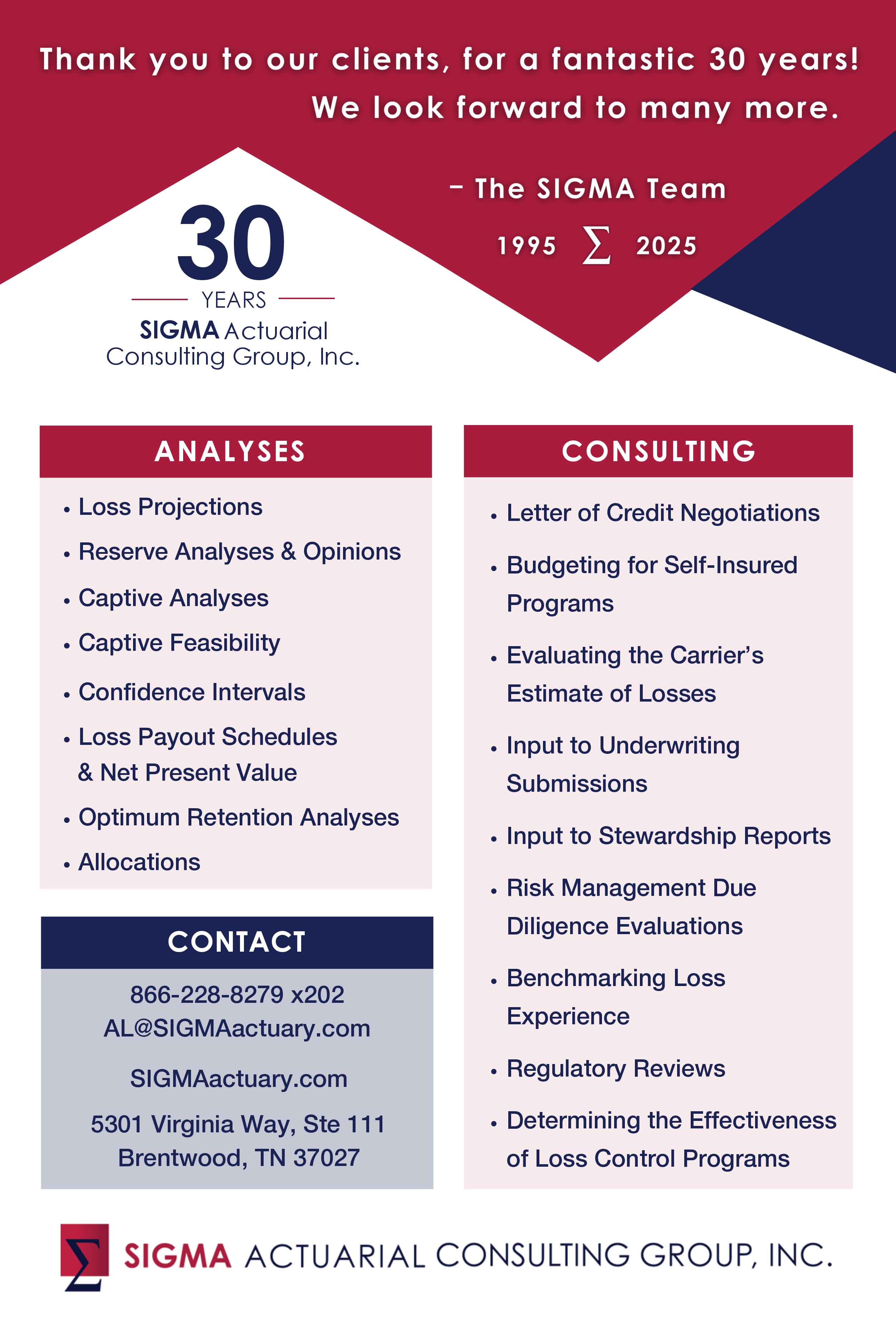The Financial CHOICE Act, the long awaited legislation that will repeal and replace the Dodd-Frank Act, is set to be considered by the House of Representatives in the coming weeks.
House financial services committee chairman Jeb Hensarling officially introduced the act in April, but a series of Democratic amendments and other delays were raised before the final vote was taken.
Speaking on the act’s journey through Capitol Hill, law firm Arnold & Porter Kaye Scholer noted in a blogpost that “the markup session was a clearly partisan affair that is indicative of the bill's uncertain future in the closely divided Senate”.
The replacement legislation promises to radically re-write several key aspects of Dodd-Frank, and scrap the rest.
Among the casualties will likely be the Federal Insurance Office (FIO), which was mandated under Dodd-Frank to monitor the insurance industry, assist in administering the terrorism risk insurance programme, and coordinate federal involvement and policy making on international insurance matters and negotiations.
Its director was made a non-voting member of the 15-strong Financial Stability Oversight Council (FSOC), an inter-agency group of federal and state regulators and other financial regulatory experts charged with identifying risks to financial stability under Dodd-Frank.
Crucially, however, the FSOC also includes an independent insurance member who has the power to vote but holds no other responsibilities.
A House financial services summary explains: “This fragmented approach—featuring one insurance bureaucrat who monitors the insurance industry, advises federal officials, and participates in international insurance negotiations but cannot vote on FSOC macroprudential matters, and another insurance bureaucrat who does vote on FSOC macroprudential matters but has no other substantive policy responsibilities—has proved unwieldy.”
The Financial CHOICE Act envisions merging the powers and mandate of the FIO and its director into an independent insurance advocate (IIA), who will: “Replace the independent member with insurance expertise as the voting FSOC member and will coordinate federal efforts on the prudential aspects of international insurance matters, including representing the US in the International Association of Insurance Supervisors and assisting in the negotiations of covered agreements.”
“Also the IIA will consult with state insurance regulators regarding insurance matters of national importance and prudential insurance matters of international importance and will assist Treasury in administering the Terrorism Risk Insurance Act.”
The FIO was recently praised for the role it played in negotiating the covered agreement between the US and the EU.
Tracy Dolin, a credit analyst at S&P Global Ratings, said: "The covered agreement provides a more-level playing field within the world's two largest insurance markets, with about $1.35 trillion and $1.32 trillion in combined 2015 life and non-life premiums generated within the EU and the US, respectively. We believe the covered agreement is a fruitful milestone in increasing US-EU regulatory harmonisation.”
The agreement, which was finalised in January but has yet to be signed, provides a mutual agreement of prudential supervision in the EU and the US, which will eliminate the increasing barriers to US groups operating in Europe.






